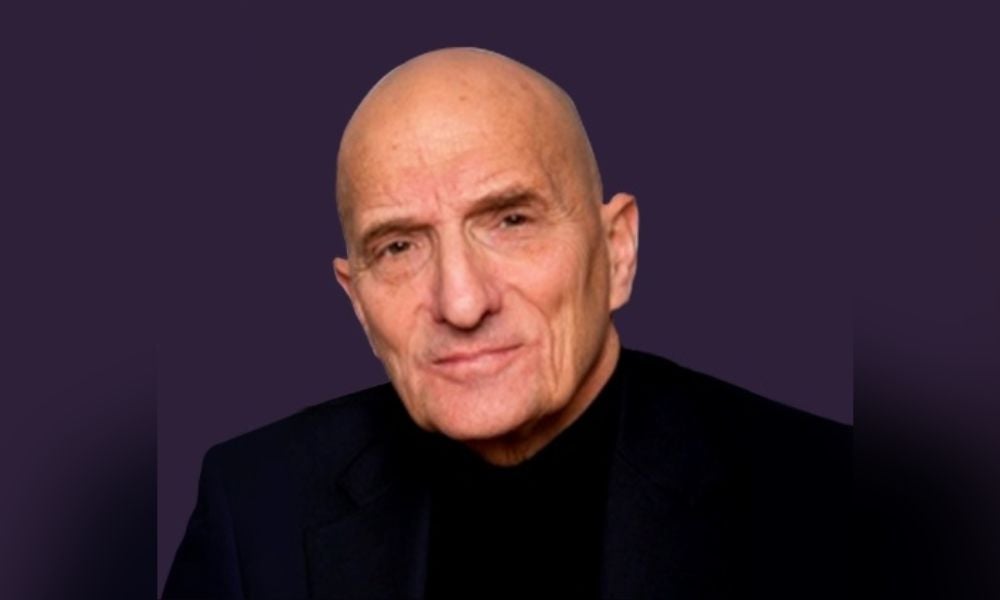
OCA recognizes that Indian Act 'fetters the economic independence of Indigenous peoples on reserves'

The Ontario Court of Appeal has ruled that s. 89 of the Indian Act prohibits court-appointed receivers from seizing an Indigenous person’s on-reserve businesses and assets.
The ruling overturns Superior Court Justice Stanley Kershman’s conclusion that the appointment of a receiver constituted a “commercial mainstream” exception to s. 89.
The result of Kershman’s order was that the receiver could operate two of Andrew Miracle’s on-reserve businesses, Smokin’ Joes, a gas station that sells confectionaries and tobacco, and the Canna Kure marijuana dispensary. The receivership was to continue until the profits from the business satisfied a debt allegedly owing to Miracle’s former lawyer, Glen Bogue of Toronto, whose license was suspended in 2017 by the Law Society of Ontario.
“Kershman’s decision meant that my client came to the court seeking what was owed him and walked out not owning the shirt on his back,” says Ian Collins, the Toronto lawyer who represented Miracle.
The case arose following a dispute between Miracle and his son over the ownership and profits from Smokin’ Joes. Both were considered “Indians” under the relevant definitions in the Indian Act. Bogue, who was not, acted for Miracle on the ensuing arbitration on a contingency basis that entitled him to 25 percent of any “amount recovered” in arbitration.
The arbitrator awarded Miracle over $11 million and gave him the right to take over Smokin’ Joes from his son. By the date of the hearing, however, Miracle had not been able to collect on the award and had paid Bogue only $12,500. According to Collins, Miracle’s son had gone bankrupt, meaning that his client would not be able to enforce the award.
Sometime after the hearing, Collins took over the case after Bogue’s suspension.
Meanwhile, Bogue sought and obtained the appointment of a receiver, Schwartz Levitsky Feldman Inc., as receiver over all Miracle’s properties, including the on-reserve establishments.
In his reasons, Kershman made no mention of s. 89 or the definitive case on its interpretation, Mitchell v. Peguis Indian Band, where the Supreme Court of Canada held in 1990 that the purpose of s. 89 was “to insulate the property interests of Indians in their reserve lands from the intrusions and interference of the larger society so as to ensure that Indians are not dispossessed of their entitlements.”
On appeal, the OCA called the interpretation of s. 89 a “threshold issue” and sent the case back to Kershman to provide his reasons in support of his conclusion on that issue.
Subsequently, Kershman, relying on the SCC’s 2006 decision in McDiarmid Lumber Ltd. v. God’s Lake First Nations, ruled that the appointment of the receiver was a “commercial mainstream” exception to s. 89. As the on-reserve businesses conducted “normal business transactions,” he concluded, s. 89 did not protect them.
Miracle appealed again, and this time the OCA reversed Kershman, holding that nothing in s. 89 supported a broad “commercial mainstream” exception.
“While s. 89 does not expressly refer to receiverships, it does cover a wide variety of procedures involving execution by creditors on the property of debtors,” wrote Justice Michael Tulloch on behalf of a unanimous court also composed of Justices David Doherty and Bradley Miller. “Notably, s. 89 references seizures and restraints of property, which, in my view, captures the substance of the current order under appeal.”
Despite winning the case, Collins is highly critical of the decision. He says it should have explored what he calls Kershman’s “bias” against his client and the OCA’s failure to explore issues of “major significance” to Indigenous people.
Not surprisingly, Greg Roberts, who acted for Bogue, was also unhappy, particularly with the court’s rejecting his argument that Miracle had waived his Indian Act rights by retaining Bogue, a non-Indian and by resorting to the mainstream courts.
He also maintains that the effect of the decision is to “enforce an outdated law.”
“Profits from Mr. Miracle’s gasoline, cigarette and marijuana sales were never ‘entitlements’ that Parliament intended to grant to Indians, and obviously, they were never entitlements when the treaty creating the reserve was executed in 1793,” says Roberts. “I do not believe that when s. 89(1) was first enacted, in the last century, it was intended to prevent an Indian from entering into normal financing agreements in conjunction with the operation of a commercial business. The section should only apply to prevent an Indian from pledging his personal assets on the reserve such as his home, furniture, appliances and household goods, and it should not apply to profits from a business located on a reserve. An Indian conducting business on and off the reserve should be able to deal with his or her business property in the commercial mainstream on terms no different than those applicable to all other Canadians.”
As it turns out, the court was attuned to this issue, recognizing its interpretation of s. 89 “fetters the economic independence of Indigenous peoples on reserves . . . and “limits the ability of Indigenous people to access credit.”
“These concerns, however, involved a “complex series of political, social and economic considerations that this court is not equipped to address.”
Instead, the court’s role was to deal with the legal interpretation of the existing s. 89.
“Whether s. 89 ought to exclude such assets is a larger policy question which we leave to Parliament to address through the legislative process.”
It’s unclear whether an application for leave to appeal to the SCC is forthcoming. But Collins does acknowledge that there may be Charter issues relating to equality provisions because s. 89 does “not treat Indians and non-Indians equally.”